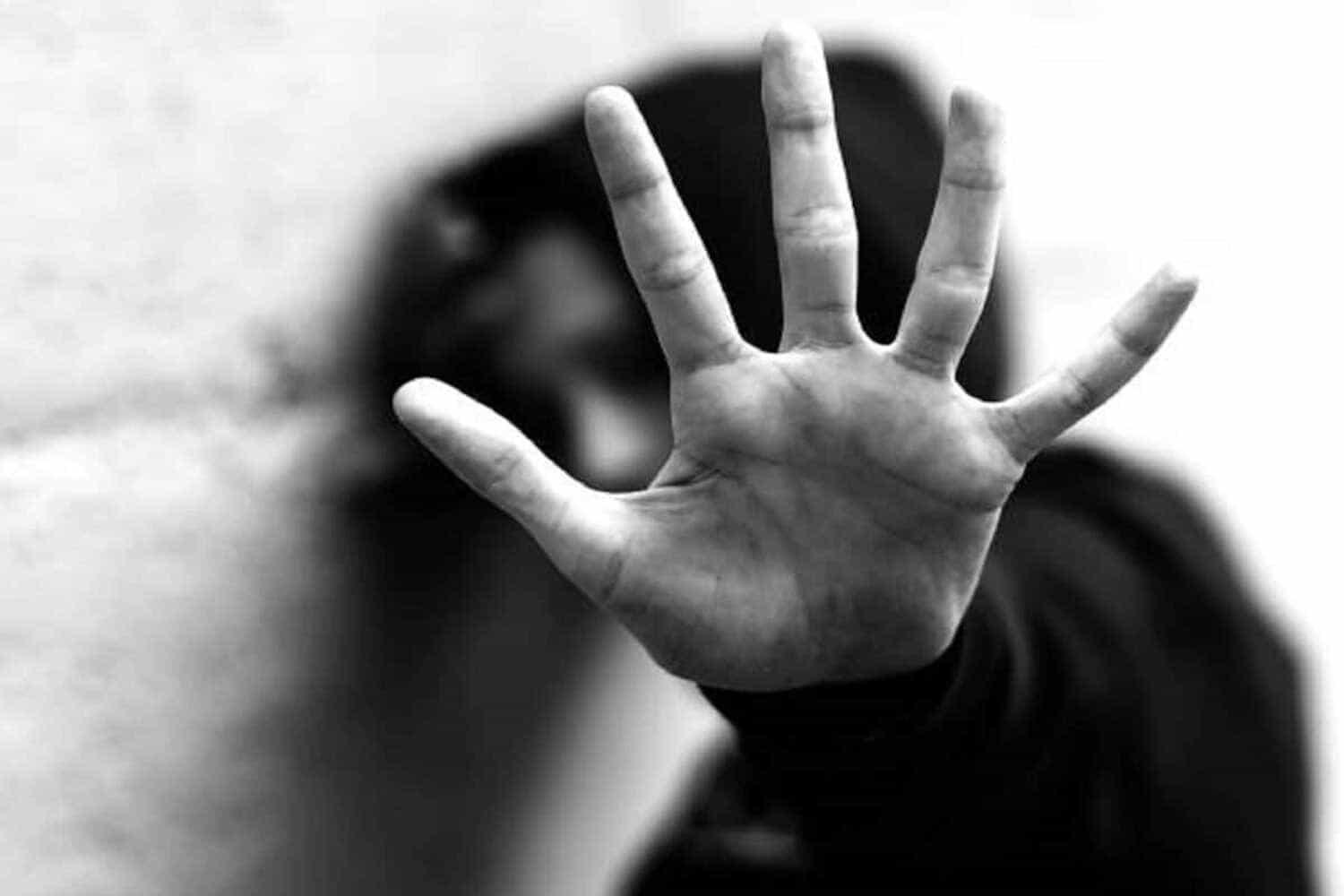
Despite being slightly lower than the previous year, the figures still indicate that there was a criminal record of 1 in each 34 school staff.
Between March 2024 and February 2025, about 3% of South African School employees were dispatched for criminal activities for employment.
It is a major provider of background screening services, according to new data released by TPN.
Statistics raise serious questions about the rigor of veating processes in schools and the Department of Justice has asked for a phased public access to the National Register for Sex Offers (NRSO).
TPN’s legal lawyer Ashley Laurent said, “Between March 2024 and February 2025, 2.95% of the screening of school staff through TPN’s system was flagged off for potential illegal activity.”
“It not only has teachers, but also includes staff, temporary fare, coaches and others in contact with minors.
While the last year is slightly lower than the 3.08% recorded, statistical still means that there was a criminal record of 1 in every 34 persons working in schools.
Punishment involves attack, theft and murder
Of those flags, 1.22% had criminal records related to misconduct or sexual offenses, decreasing by 2.63% in 2022, but still worrying.
“Theft emerged as the most prevalent crime, accounting for 18.29% of all the convicts,” Laurent said.
43.9% of people with criminal records were convicted for serious crimes:
- Attack (23.17%)
- Drug smuggling (12.2%)
- Housebracking (3.66%) and
- Killing (2.44%)
He said, “There were no recorded or pending tests for rape or ignoring the child between 2023 and 2025, the investigation of more than 1.06% school staff is currently waiting for the test, a reminder that an ethn-employment investigation would have to extend beyond the punishment,” he said.
Also read: Gauteng Education announced 2026 school admission dates: What do you want here
Top on attack and theft list
According to Laurent, Tenant Tracking the case waiting for trial indicators, revealing that 1.06% of the school staff screening during the 2024–2025 period are facing legal proceedings.
Court proceedings are included in the most common charges pending:
- Road traffic violation (30.56%)
- Attack (19.44%)
- Theft (15%)
- Careless driving (5.56%)
- Property damage (2.78%)
“While these persons have not yet been found guilty, the nature of the allegations still causes concern,” Laurent said.
Also read: After the late start, the department scribes to fix the curriculum chaos in Gauteng School
Schools face legal duties in veating staff
Despite delay in completely opening the NRSO due to privacy laws under the Sorma Act (Sormaa) under the Amendment Act (Sormaa), schools are legally bound to screen all employees using NRSO and Part B of the National Child Protection Register.
Laurent warned, “Failure to comply can cause criminal or civic liability and long -term iconic damage.”
According to Laurent, teachers registering with South African Council for Educators (SACE) will have to submit a police clearance certificate which is not more than six months old. The SACE code of professional morality implements standards and disciplinary processes.
Sormaa also holds responsibility on individuals to disclose the punishment for previous sexual offenses.
“An employee’s employment, an employee, who was convicted of sexual offenses against weak persons, whether such a crime should be committed or allegedly committed during his or his employment, should be delayed for such a punishment or to find such a punishment or to find” Sormaa, “Sorma,” Sorma, “
Also read: No party favorite: Minister defends the appointment of Mantashe’s son in Seta Board
Early intervention important
According to TPN, the decline in the culprits related to sexual offenses suggests that better screening is becoming effective.
However, even small percentage represent important risks when children are involved.
“Children’s safety cannot be compromised,” Laurent said.
Now read: ‘Looting using matriculation papers’: NW printing job price jumped around R100m?
